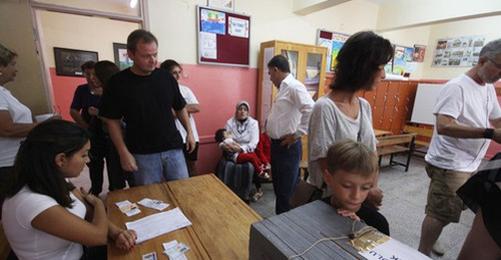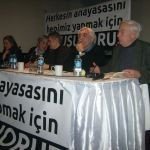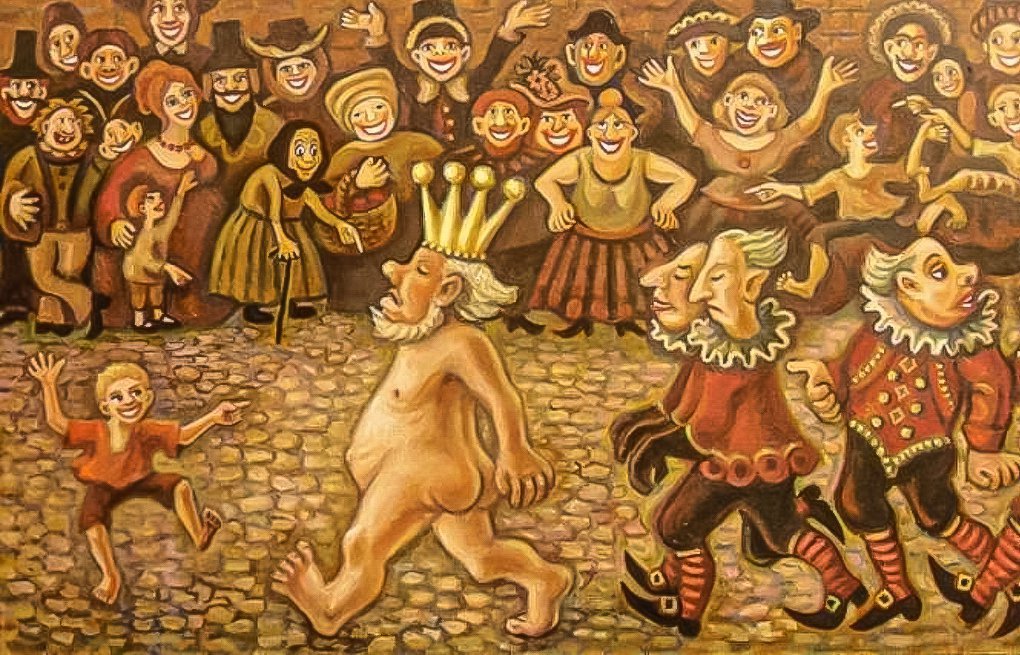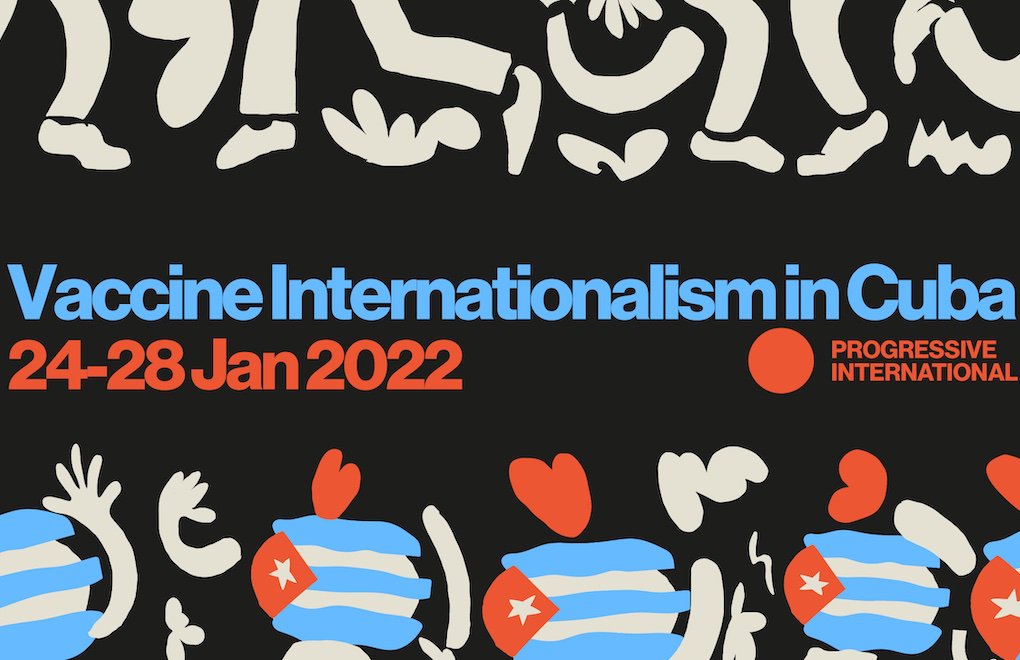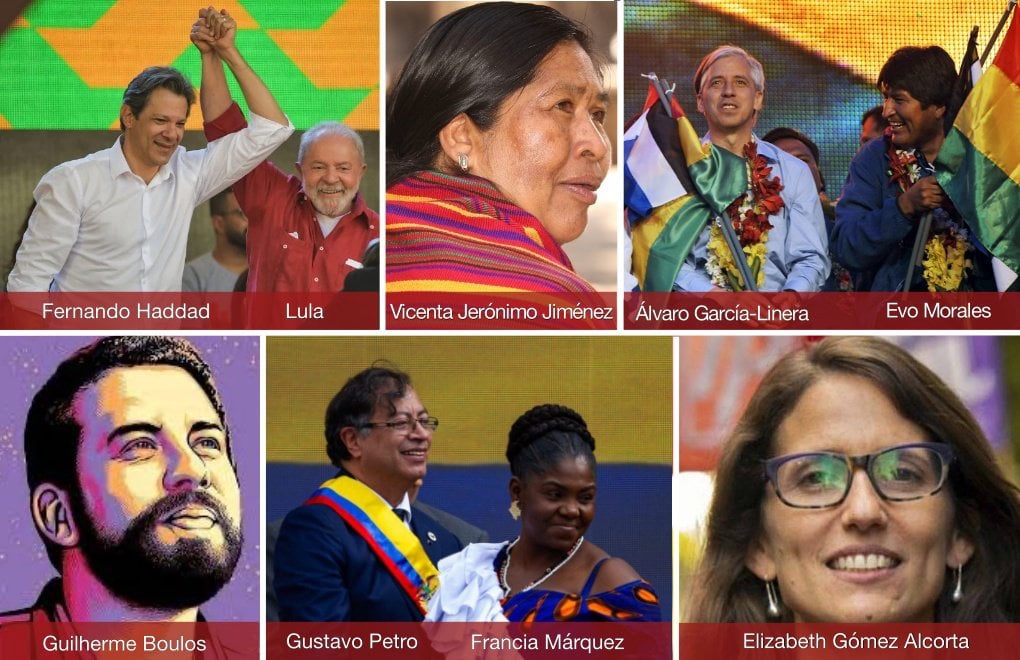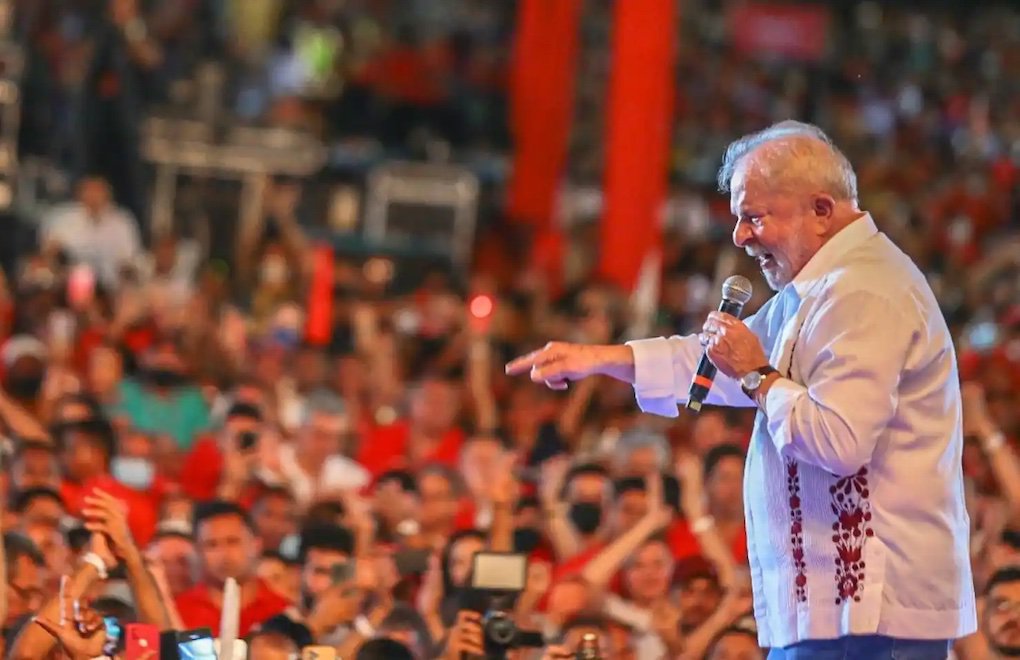Can a Constitutional amendment be accounted for as a victory for Tayyip Erdoğan and his party, when 58 out of a hundred voters(*) did not vote for the amendments? The answer is yes for the mainstream media. Since 58 percent of those who voted cast their votes for "Yes", then the result of the referendum was a huge "Yes".
Yet, the facts represented by the absolute numbers are different from what we were told: 21,788,533 voters who said yes comprise 41.8 percent of the total electorate,15,854,780 people who voted "no" comprise 30.45 percent, and those 13,682,568 people who did not go to the poll boxes comprise 26 percent of the total eligible voters.
However these figures are turned and twisted. Since 30,263,295 voters of a total electorate of 52,051,828 did not say "Yes" in the poll, this result is not a "victory" but the beginning of a crisis! The referendum on 12 September yielded one single clear political and social result: The outcome of the referendum for amendments entirely strip the Constitution of the Turkish Republic of its social legitimacy.
The 12 September Constitution fell but there is not a new one!
One has to scratch the mainstream media's paint off the truth in order to comment properly on the result of the referendum. Regardless of opposing or supporting the referendum, considering the mathematics of the mainstream media, Turkey has been deluged by blue "ayes" and the coastal regions are lined with red "nays".
The south-eastern province of Hakkari is sky-blue for instance. Only 9 out of 100 voters went to the poll in Hakkari. If you ask the media though, it is the province that provided the strongest support to Erdoğan: 94 percent of the Kurds appear to have said "yes" although 91 percent did not vote at all. Another example is the province of Tunceli, the "homeland of [opposition leader] Kemal Kılıçdaroğlu", which turned out "glaring red". In fact, 33 percent of the people in Tunceli did not go to the poll and the number of no votes is equal to the number of abstentions from voting. Yet, in Dersim (Tunceli) 81percent of the electorate are counted to have voted "no".
Of course the result of the referendum is determined by the distribution of legally valid votes. But the social meaning of the voting does not lie in the ratio of votes but in the very attitude of the people. The majority of this country does not say yes to Tayyip Erdoğan and the Constitution, and neither to the Constitution of 12 September...
The role of the CHP
The main opposition party CHP (Republican People's Party) carries the main responsibility for this result. Together with the MHP (Nationalist Movement Party), the CHP suffered a huge defeat by turning this referendum into a plebiscite for Erdoğan. They enabled him to enter the 2011 elections with a significant moral advantage, whereas a widespread boycott of the referendum could have inflicted a huge loss on Tayyip Erdoğan and his party.
In the end, the AKP's and Erdoğan's approach of the 2011 election with an increased power is mostly related to the CHP's appearance as a defender of the 12 September Constitution and its giving up on the spokesmanship for the need of a democratic constitution depending on the sovereignty of the people.
For a new regime
In this context, the result of the referendum makes it more feasible and more important than ever to struggle for a new constitution, or in other words for a new regime, starting from today.
Yes, the old constitution fell into decay, but the Constitutional amendments of the AKP do not make up for the need for a new regime that does not give place to ethnicity or belief and that is based on the sovereignty of the citizens. To the contrary, since the AKP clearly demonstrated their will of keeping the power by protecting the 12 September regime's central tool, which is assigning the sovereignty to the government against the public and all other forces, from now on the AKP positions itself on the target board of a democratic and social struggle.
The one and only political way out for the oppressed people in Turkey, for workers, employees, the poor, women, Kurds, Alevis and excluded people is to stand up for a new order no later than today, for a new regime and a new constitution, to take the initiative out of the hands of Tayyip Erdoğan and the AKP and to take position for saving the future from now on without leaving the opposition to the initiative of the CHP.
The boycott and the Kurds
Two further results of the referendum are at least as important. The Peace and Democracy Party (BDP) made the Kurdish people follow their call for a boycott, no matter of what the pro-government media said. It also achieved to assume the right of regional representation more powerful than in previous elections. In many towns, the Kurds demonstrated their positive answer to the BDP's call for a "Democratic Autonomy" with a referendum within the referendum.
On the other hand, the "Boycott Front" managed to pull a significant number of voters along, not only in the pre-dominantly Kurdish regions but also in provinces such as Mersin, Istanbul and Ankara where district results showed that the turnout of voters ranged clearly below the usual average. This result indicates that a "labour and liberty front" has started to develop all over Turkey, which will play an important role for the boycotted political forces in the 2011 elections.
MHP's marginalization
The only positive outcome of the referendum is probably the preparation of the end of Devlet Bahçeli's political career, since the base of his National Movement Party (MHP) melted away between CHP and AKP during the run-up to the referendum. The referendum process dragged the "old style" politics of fascism to the edge by withdrawing the legitimacy of the 12 September Constitution and of the MHP leadership. Nevertheless, this result must not create the illusion that "fascism has been wiped away". After this result, CHP and AKP will be more prone to pay a premium on chauvinism to get their portion of the nationalist base. Yet, it is worth to keep in mind that the growing reaction of the "white Turk" at the "red" coastlines has the tendency to leak to the "left". (EK/VK)
_________________________________
* According to the data published by the Supreme Election Committee (YSK), the total number of the electorate is 52,051,828 and not, as commonly reported by the media, around 49 million. The other figures and ratios change accordingly.





